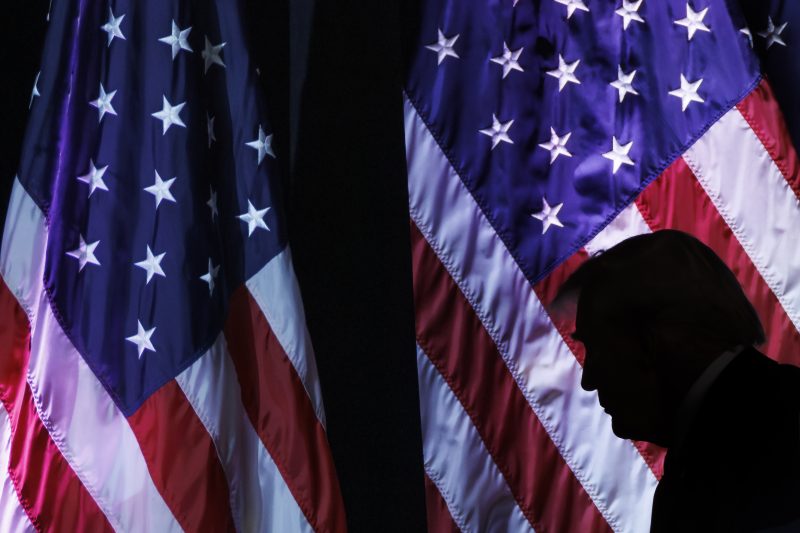In the realm of political strategy and spin, the term unskewed polls has gained traction in recent years. This concept emerged as an attempt to challenge the validity and accuracy of traditional polling data, particularly when it contradicts a desired narrative or outcome. However, it is essential to recognize that unskewing polls involves more than just statistical manipulation; it also reflects a broader shift towards the rejection of unfavorable information or inconvenient truths.
As a perfect example of this trend, former President Donald Trump’s administration has frequently relied on unskewing polls to downplay his opponent’s performance and tout his own popularity. By discrediting mainstream polls as biased or flawed, Trump sought to create an alternate reality where his re-election was inevitable and any contrary evidence was dismissed as fake news or manipulation.
This strategy reveals a dangerous precedent in modern politics, where the rejection of dissenting opinions and facts has become normalized. By undermining the public’s confidence in reputable polling organizations and attempting to control the narrative through alternative data sources, political figures like Trump are eroding the foundations of democratic discourse and accountability.
Moreover, the rise of artificial intelligence (AI) in analyzing crowd behavior adds another layer of complexity to the manipulation of public opinion. AI has the potential to aggregate vast amounts of data in real-time, providing insights into collective sentiment and preferences. While this technology offers valuable tools for understanding public opinion, it also opens the door to exploitation and manipulation by those seeking to shape the narrative to their advantage.
In the context of unskewed polls and AI analysis, the potential for misinformation and propaganda to influence public perception is greater than ever. As political actors harness technology to amplify their message and discredit dissenting viewpoints, the need for independent scrutiny and critical thinking becomes paramount.
To combat the spread of misinformation and manipulation, it is crucial for individuals to cultivate media literacy skills and question the sources of information they encounter. By seeking out diverse perspectives, fact-checking claims, and remaining vigilant against attempts to distort reality, citizens can uphold the integrity of democratic discourse and ensure that the truth prevails over political expediency.
